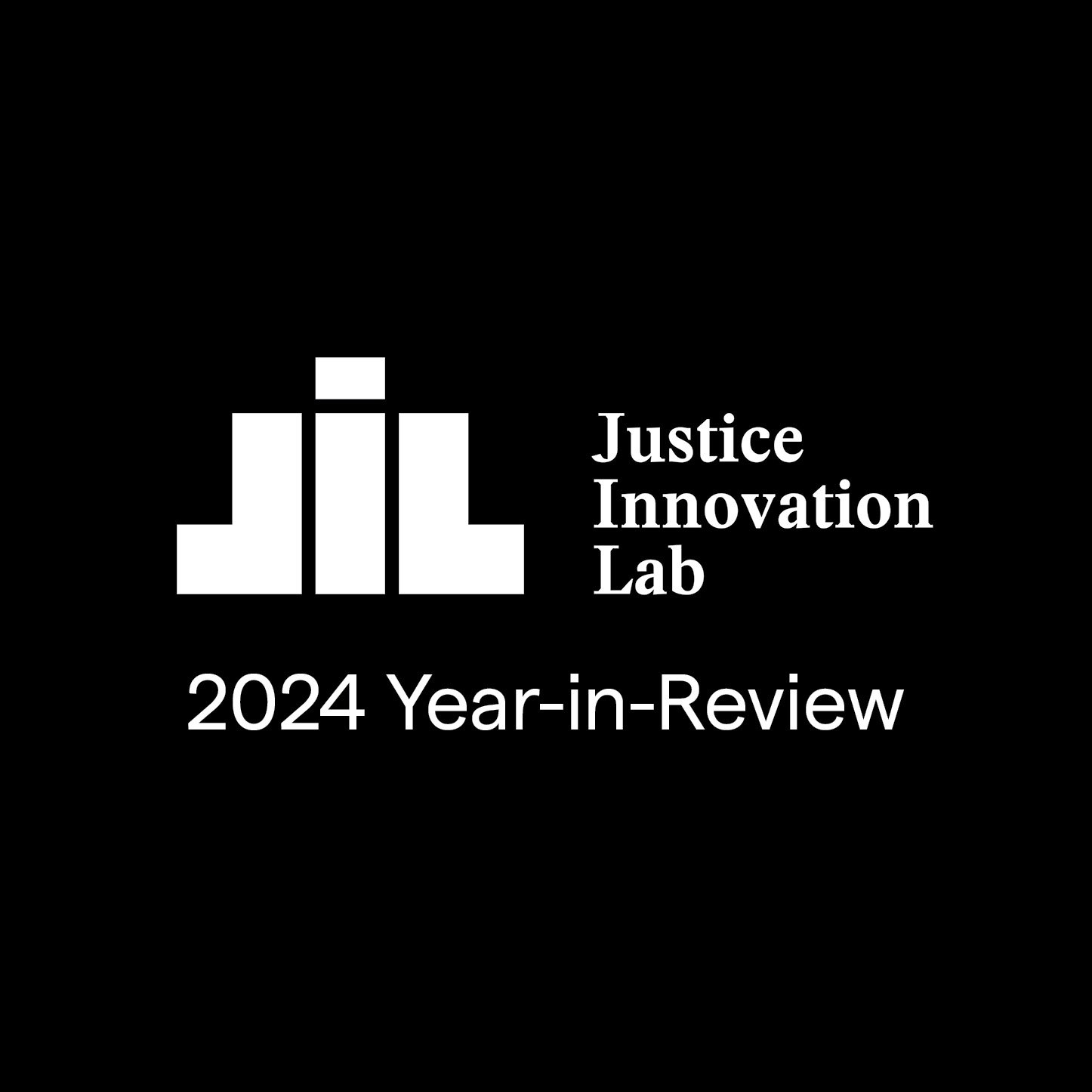JIL releases first-ever race equity report in South Carolina—Confirms racial differences in arrests
By Kelli L. Ross
CHARLESTON, S.C. — Today, Justice Innovation Lab, in partnership with the Ninth Circuit Solicitor’s Office in Charleston County, South Carolina, and Prosecutorial Performance Indicators released results of the first-ever statistical analysis of prosecutorial decisions for Black and white men involved with the Ninth Circuit Solicitor’s Office (SOL9). The report, Disparity and Prosecution in Charleston, SC, is the first-of-its kind in South Carolina and will be the first in a series of reports. Over 24,000 criminal charges for Black and white men from 2015-2020 were analyzed to determine if racial disparities resulted from prosecutorial decision-making.
The full report can be found here. A one-page highlight document can be found here.
The report finds large racial differences in the cases that come to the Solicitor’s Office through arrests by law enforcement. Though Black individuals make up only 12% of Charleston’s population, they made up 53% of the people who were arrested in 2019 and entered the criminal legal system. The difference in arrest rates is particularly pronounced in enforcement of drug laws, where Black men are six times more likely to be charged by law enforcement with a drug offense than white men. This disproportionality in arrests cannot be explained by differences in behavior alone and may reflect the impacts of law enforcement practices and resource allocation.
Where there are large racial disproportionalities in the raw number of people arrested, it follows that those disparate numbers flow through the prosecution. This analysis demonstrates that even when similarly situated people are treated “equally” by prosecutors, there can be significant inequitable outcomes. The increased likelihood of being arrested starts a cycle for Black men that leads to longer criminal histories, closer scrutiny by the police, and harsher punishments for future arrests. The result is that Black men receive over 67.6% of all incarceratory sentences in Charleston.
In addition to exploring case outcomes, the report also analyzed the process of a case progressing through the system. The report found that in most situations, SOL9 treats people with similar charges and similar criminal history in a similar way, irrespective of race. Data revealed disparities in the time it takes prosecutors to dismiss charges for Black men versus white men. It took an average of more than 6 weeks longer for Black males to have a case dismissed compared to white males.
Solicitor Wilson stated, “I am relieved to see that the researchers discovered we are treating similarly situated people, similarly. Fairness to each and every person is our priority. I recognize, however, when we can improve efficiency in our corner of the criminal justice system, it helps all involved, but especially African Americans. Moving forward, the data will help us prioritize prosecutions and guide law enforcement as to what is effective and what is not.”
Jared Fishman, Founding Executive Director of Justice Innovation Lab, stated, “This report shows that even when prosecutors treat like-cases and like-defendants similarly, there can be massively unequal outcomes, with the burdens disproportionately falling on Black communities. These differences are driven by who is being brought into the legal system, which, in Charleston, is overwhelmingly Black men.”
“This report not only identifies the source of systemwide inequities, it provides a path forward to building a more fair justice system,” Fishman noted. “Prosecutors have an essential role to play in mitigating existing inequities and building a more equitable future. Justice Innovation Lab looks forward to our continued work in Charleston.”
Don Stemen of Prosecutor Performance Indicators commented, “Prosecution in the U.S. is at a watershed moment. Prosecutors have a wealth of data available to them to examine outcomes in their offices and reports like this are a first step to understanding how data can be used to address potential disparities in the justice system. The Ninth Circuit Solicitor’s Office is far ahead of many offices in not only looking closely at their decisions but in publishing the results for the public to see.”
This report highlights the role prosecutors can and should play to mitigate inequities in the justice system to ensure equal justice for all. Central to this analysis is a recognition of the discretionary power that prosecutors wield in shaping the outcomes of criminal cases, including the decision to prosecute or dismiss charges, adjust the severity and number of charges filed, and dispose of criminal cases through dismissal, plea negotiations, or trial.
Over the next 12 months, Justice Innovation Lab will work with the Ninth Circuit Solicitor’s Office to issue additional reports exploring the likely drivers of racial disparities and build a new prosecutorial screening unit to address racial disparities in time to disposition of cases and to more quickly identify appropriate cases for dismissal. Additionally, Justice Innovation Lab is leading training for prosecutors to help the office develop an innovative culture capable of sustaining data-driven reforms over the long term.



